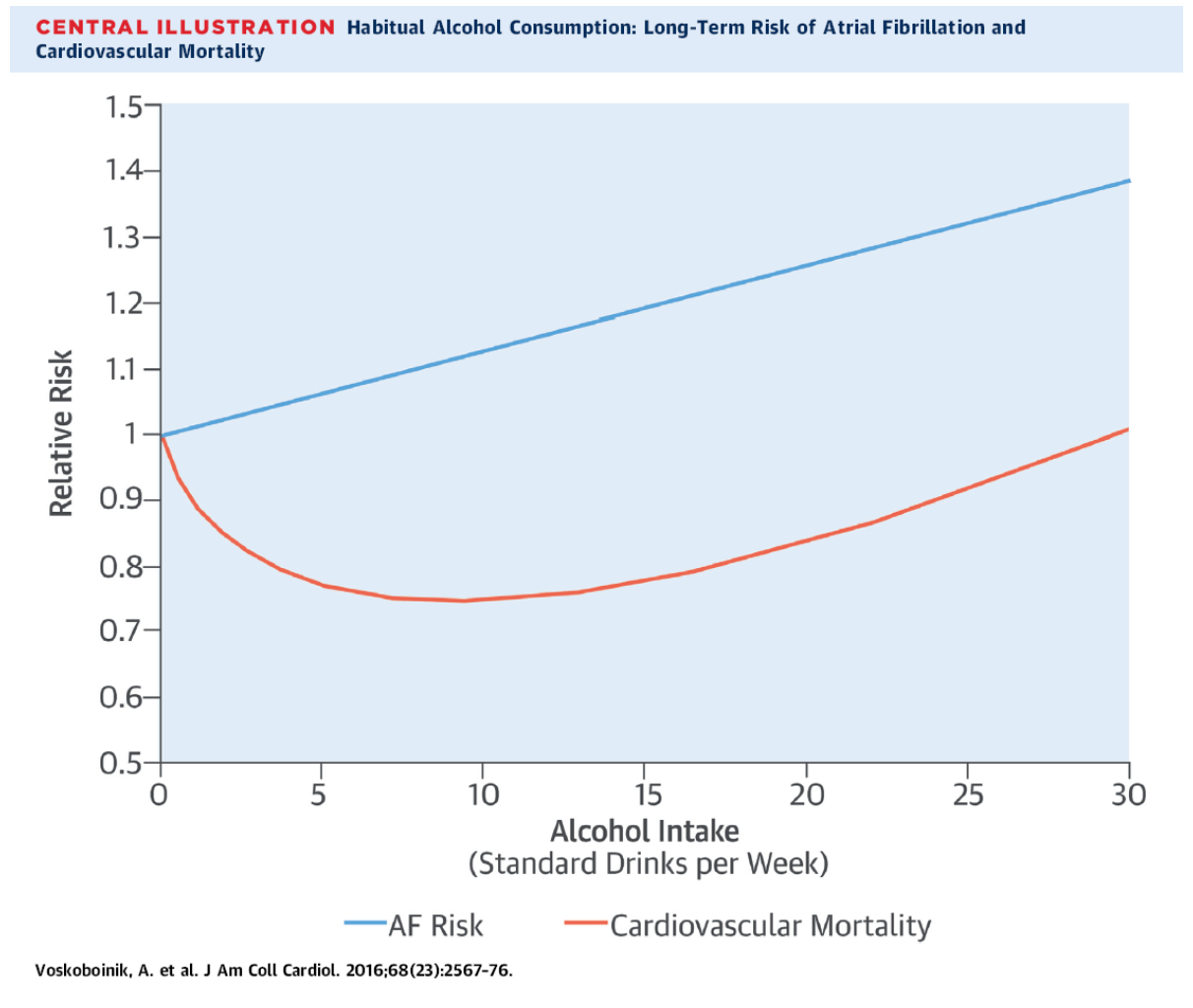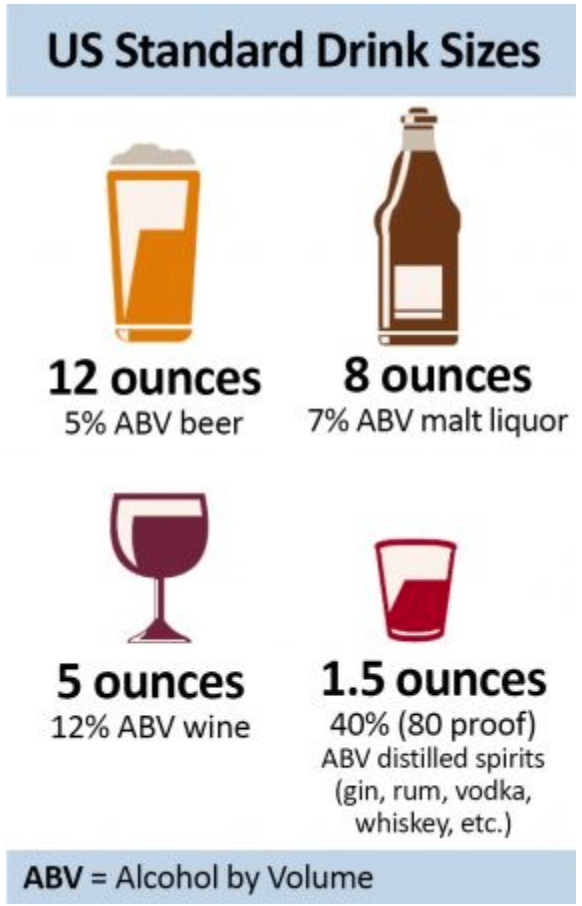
Deadly heart attacks increase during the winter holiday season. One study has found spikes in heart attacks around Christmas and New Year’s Day.
These heart issues can happen because of overindulging in alcohol and salty foods. Since the holidays are the time of celebrating with salty snacks and festive drinks, feeding the tendency to overdo it, is where the term holiday heart syndrome derives from.
People with preexisting heart issues are more likely to experience holiday heart syndrome. However, it can happen to people without any heart issues.

The salt and alcohol can cause your heart to beat irregularly, also known as atrial fibrillation. Atrial fibrillation (AF) is the most common abnormal heart rhythm worldwide and is estimated to affect 6 million people in the US. 1 in 4 people above the age of 40 years are likely to develop AF during their lifetime. AF originates most commonly from the upper left chamber of the heart. Stroke and heart failure are the most feared complications of atrial fibrillation and can have a profound impact on quality of life.
High blood pressure, diabetes mellitus, obesity, sleep apnea, heart attack, heart failure, habitual alcohol consumption and smoking are well-established risk factors for AF. Alcohol is the most common trigger of AF reported by 35% of patients. ~ 53% of Americans regularly consume alcohol and 20% of drinkers binge on alcohol. Alcohol consumption can be defined as: light (<7 standard drinks/week), moderate (7 to 21 standard drinks/week) and heavy (>21 standard drinks/week). 1 standard drink is roughly 12 g of alcohol.
Consuming 5 or more drinks on an occasion for men or 4 or more drinks on an occasion for women is considered binge drinking and is associated with holiday heart syndrome. Patients with this condition are commonly admitted to the hospital with atrial fibrillation which resolves usually within 24 hours. Patients can develop AF at the time of intoxication, others may present 12 to 36 hours later and can be seen in both habitual drinkers and in infrequent drinkers. More recent studies have shown that habitual moderate alcohol consumption also seems to have a similar risk of AF as in heavy drinking and binge drinking. For each extra alcoholic drink per day, AF incidence increased 8%.
Mechanisms by which alcohol triggers and maintains AF include changes in the electrical conduction system of the heart, swelling of the heart muscle cells, direct toxic effects of alcohol and its metabolite aldehyde and changes in the nervous system which regulates heart rate, blood pressure and heart function. Moderate or more alcohol consumption in the long term can cause the structural changes in the heart to become permanent.
 Heavy habitual alcohol consumption is a more important risk factor than obesity or hypertension for AF. In patients with prior AF, the risk of AF recurrence was consistently higher with light to moderate habitual consumption. There is a higher risk of progression from intermittent to persistent AF and higher risk of stroke with moderate or more habitual alcohol consumption. Alcohol consumption also increases the risk of recurrence of AF after ablation procedures.
Heavy habitual alcohol consumption is a more important risk factor than obesity or hypertension for AF. In patients with prior AF, the risk of AF recurrence was consistently higher with light to moderate habitual consumption. There is a higher risk of progression from intermittent to persistent AF and higher risk of stroke with moderate or more habitual alcohol consumption. Alcohol consumption also increases the risk of recurrence of AF after ablation procedures.
Overall, the risk of developing AF is highest immediately following alcohol consumption and with long term, moderate or higher habitual alcohol consumption. Reduction in alcohol consumption in patients with AF can decrease the recurrence of AF and the time spent in AF. Limiting alcoholic beverages to a maximum of 2 drinks daily for men and 1 drink for women is recommended.
Article written by Sarver Heart Center cardiovascular fellows Mahesh Balakrishnan, MBBS and Jacob Klewer, MD

